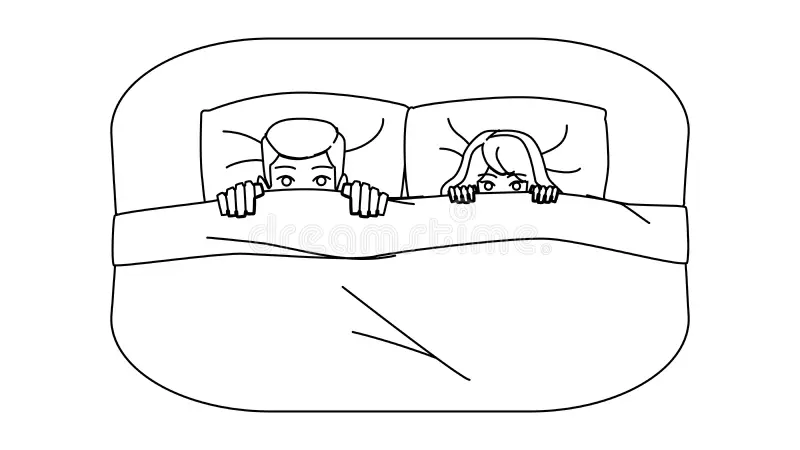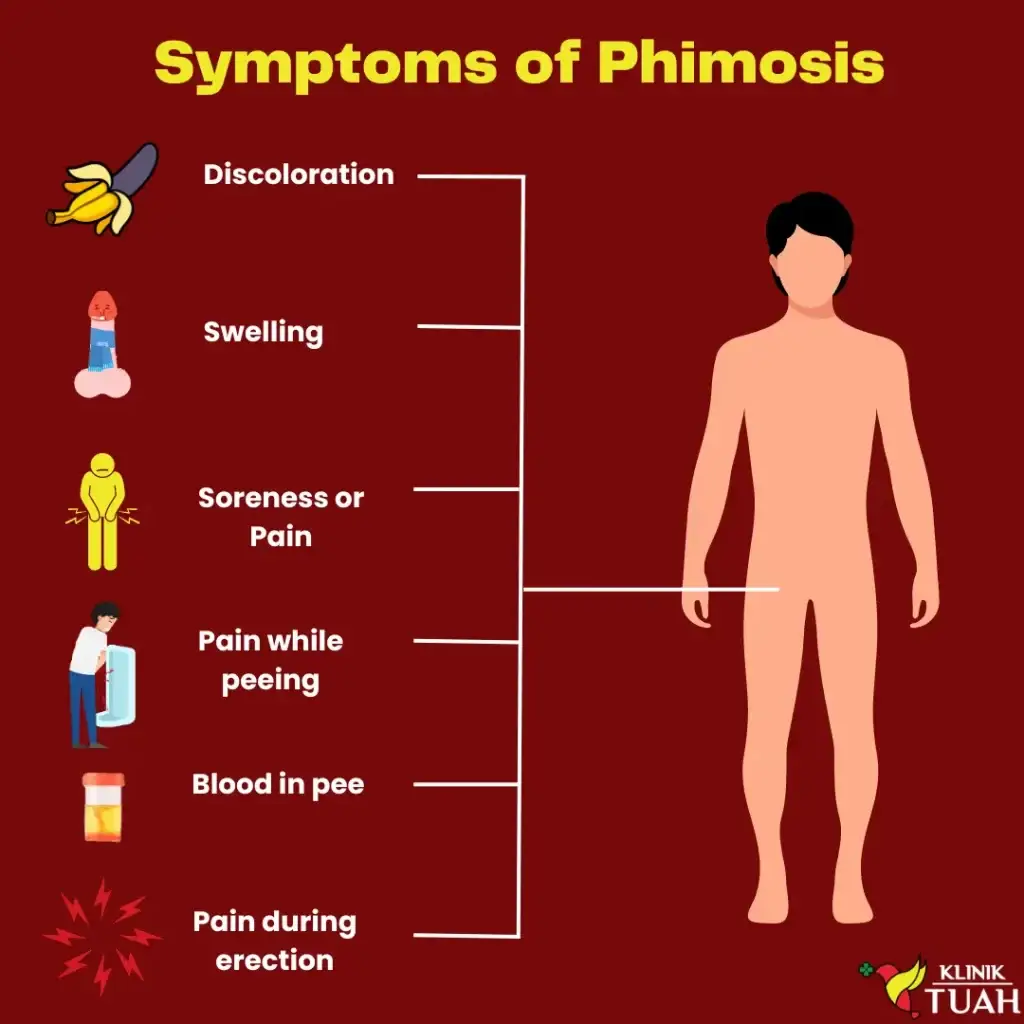To Cut Or To Uncut? That's The Question.
You’ve probably come across debates or videos talking about whether a circumcised vs uncircumcised penis is better, and now you’re wondering what all the fuss is about.
Is there really a difference? Let’s break it down in easy terms and clear up some confusion!
Table of Contents
Introduction
Think of your penis like a car. One version has a car cover (that’s the foreskin), and the other doesn’t.
Both cars run just fine, but the uncovered car doesn’t need to take off the cover before starting the engine each time. Bottom line—they both get the job done.
So, what’s the deal with a circumcised or uncircumcised penis? Is one really a “better” option, or does it just come down to preference?
What is Circumcision?
Circumcision is a quick medical procedure where a doctor removes the foreskin from the tip of the penis.
It’s usually done on newborns, but teens and adults can get it done too. Uncircumcised guys still have the foreskin, while circumcised don’t.


The Physical Differences between Circumcised vs Uncircumcised Penis
Uncircumcised Penis
- The foreskin, a fold of skin, covers the head (glans) of the penis. When flaccid, the foreskin typically covers the glans, making the penis appear bulkier.
- The foreskin can be pulled back to reveal the head, and when erect, the foreskin retracts, exposing the glans.
- The foreskin may bunch up when the penis is erect, but the head of the penis is mostly covered when flaccid.
Circumcised Penis
- Surgery removes the foreskin, exposing the head (glans) of the penis all the time, whether it’s erect or flaccid.
- The skin texture might feel different: The area closer to the body feels tougher and thicker, while the skin near the head of the penis is thinner and more sensitive.
Hygiene: Keeping Things Clean
Circumcised Penis
One of the main reasons some people choose circumcision is for easier cleanliness. Cleaning is straightforward—just your regular shower routine is enough.
Some might argue, “If you clean yourself well, that’s sufficient, right?” It can be true. You can pull back the foreskin to clean underneath it.
However, some men might miss spots or forget to clean thoroughly, which can lead to infections.
Research shows that around 26% of uncircumcised men in London don’t clean their genitals properly, compared to only 4% of circumcised men.
Uncircumcised Penis
Circumcised vs uncircumcised in term of hygiene also play a vital part.
For uncircumcised men, hygiene requires a bit more effort. The foreskin can trap bacteria, sweat, and even urine if not cleaned properly. But don’t worry—it’s simple. Gently pull back the foreskin and wash underneath with water.
Germs and dirts can collect under the foreskin, causing smegma. Smegma is a thick white secretion that can cause problems like balanitis and posthitis.
Balanitis affects about 11-13% of uncircumcised men, while it only happens to around 2% of circumcised men.
The worst part? Smegma buildup can lead to phimosis. It is a condition where the foreskin becomes too tight to retract over the head of the penis. While this is normal in babies, it shouldn’t happen in adults.
Phimosis in adulthood can develop due to poor hygiene, scarring, infections, or balanitis.
And it’s not just about you (or your manhood). Phimosis can also affect intimacy and satisfaction with your partner.
Therefore, it’s important to be thorough in cleaning under the foreskin. It only takes extra 5 seconds to maintain good hygiene.


Health Benefits: Is Circumcised vs Uncircumcised Healthier?
Circumcised Penis
Health is often considered the biggest benefit of circumcision. Studies suggest that it can lower the risk of certain infections, including:
- Urinary Tract Infections (UTIs): Circumcision can reduce the risk of UTIs, especially in infants and young children.
- Sexually Transmitted Infections (STIs): Studies show that circumcision can lower the chances of getting STIs like HIV and HPV. Without the foreskin, there’s fewer places for infections to grow.
- Penile Cancer: Uncircumcised men are 22 times more at risk of penile cancer compared to circumcised men.
Uncircumcised Penis
Uncircumcised men may have a slightly higher chance of getting infections around the foreskin, especially if hygiene isn’t great. But with regular cleaning, the risk goes way down. It’s pretty simple:
- Clean regularly: Just pull back the foreskin and wash underneath with water to avoid smegma buildup and prevent infections.
Sexual Pleasure: What About Pleasure?
This is a hot topic! Many people think that circumcision affects sexual pleasure, but what’s the truth?
Circumcised Penis
Some believe circumcision reduces sensitivity once they remove the foreskin. However, many circumcised men report no difference in their sexual satisfaction.
As per few researchers, circumcision may solve the problem of premature ejaculation for some men. Circumcision is believed to make the man last longer and this can be more pleasurable for both men and their partners.
But some discussions on Reddit favor being uncircumcised, as it provides more sensation and glides more easily for women.


Uncircumcised Penis
The foreskin is thought to provide extra sensitivity, possibly because it’s highly responsive to touch.
However, some studies disagree, finding that circumcision has no negative impact on sexual function, sensitivity, or satisfaction.
In the end, sexual pleasure depends on many factors—not just whether or not you have foreskin. So, whether you’re circumcised or not, great sex is still very much possible!
Appearance: How Different Are They?
Circumcised Penis
With a circumcised penis, the head (or tip) is always exposed. It usually looks smooth, and some people find this look more attractive, but that is really a matter of personal taste.
Uncircumcised Penis
An uncircumcised penis has the foreskin covering the tip when it’s soft. When it’s hard, the foreskin typically pulls back by itself, so it looks pretty similar to a circumcised penis when aroused.
Medical Reasons for Circumcision
Circumcision isn’t just about looks or cleanliness. Some people need it for medical reasons. For instance, phimosis (when the foreskin is too tight to pull back) can be painful and make cleaning tough. In these cases, circumcision can solve the problem.


Cultural and Religious Views
Circumcision is also common in some cultures and religions, like Judaism and Islam.
In other places, it’s less common and people might have different opinions about it.
Read more about two methods of circumcision ; stapler vs laser here
Final Thoughts
Circumcised vs uncircumcised – It’s all about personal choice, medical needs, or cultural practices.
As long as you keep up with personal care, there’s no big downside to either choice.
If you’re thinking about circumcision for yourself or your child, chat with a healthcare professional. They can give you advice based on your specific situation.
So, now that you’ve got the facts, let’s circle back to our original question:
Cut or uncut?
Decided to Get Circumcision? Read About The Benefits of Circumcision And More Here
Circumcision Clinic in Malaysia
Circumcision Today , Work Tomorrow, With Us
At Klinik Tuah with Latest Stapler Method










